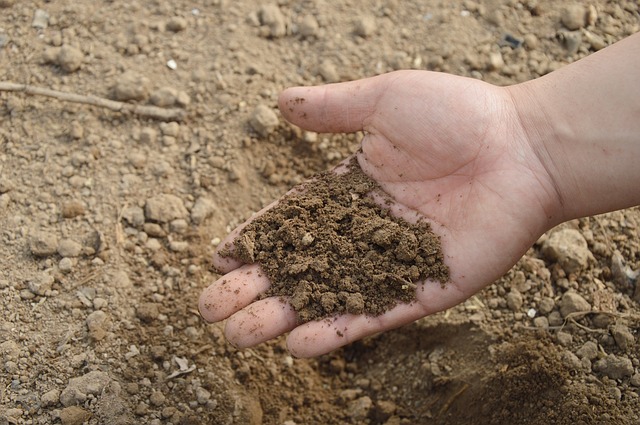Ever since it was determined that we need to produce greater yield where crops are concerned, various companies started to tinker with various chemicals so as to supplement a plant’s natural nutrients and as a way to accelerate growth. As a result, farmers all over the world use various fertilizers when planning their crops. While on the outset this seems to be but the natural thing to do – the impact of over-reliance on fertilizers is making itself felt over the last decade or so. This is why it is important that we take a closer look at some of the positive and negative impact of fertilizers.

Positive impact of fertilizers:
Enhanced growth: Fertilizers come in various shapes and substances; from powdered form to liquids and even dried grass clippings and cow dung. The fact remains that a plant gets its nutrient through normal process from the soil and when you add fertilizers loaded with all essential plant nutrients like phosphates and nitrogen, the plant undergoes enhanced growth. As a result, farmers are able to grow much larger yields within a short space of time.
Protection: Fertilizers also provide plant with much needed protection from natural causes like blight; by using select fertilizers with crops, the farmers are able to increase their yields and can even grow ‘unseasonal’ plants, thanks to the fertilizer.
Weather extremes: Fertilizers enable plants to withstand weather extremes better; since they supply the plants with the essential nutrients, plants are able to withstand and adapt better to sudden changes in weather patterns.
Preservation of natural habitats: Since the introduction of nitrogen based fertilizers, farmers have been able to grow larger yields, thereby minimizing the need for clearing forests in the quest for more arable land. As a result, deforestation due to farming has of late shown a decrease though more needs to be done to encourage protection of these natural habitats.
Negative impact of fertilizers:
Health: It has been determined that over use of fertilizers can infect both the farm produce as well as the top soil in question. For example, it has been found that one of the reasons for some of the local waterways to become dead zone is due to these fertilizers being washed down into the various streams and rivers. This has started to impact aquatic life; as far as humans are concerned, children are more at risk from consuming fertilizer coated food products, than any other age group. This is primarily because their immune system has not yet completely developed.
Soil erosion: It has been found that over utilization of fertilizers when plowing the field can actually lead to soil erosion. These fertilizers, when used in excess causes the organic matter to break down, thereby make the field un-arable. Eventually, this leads to the top soil losing its organic matter, with invaluable natural nutrients and eventually leads to soil erosion.
Toxicity: Fertilizers contain various toxic substances, from acid to substances like Nitrogen which can cause Algae to bloom and later on die. And as the algae dies, it soaks up all the oxygen in the water body, thereby suffocating it and killing all aquatic life on it. What’s more, these fertilizers can impact your health and even cause your hands to burn as you come into direct contact with the same. This is why it is important that you wear protective gear at all times, when handling the fertilizers.
Disrupt the natural environment: As fertilizers enhance growth in certain crops, it can also lead to a downgrading of the local environment. It can inflict damage on certain soil organisms, which in turn can impact growth. This is why it is important to consider all implications before you jump the gun and start using those nitrogen loaded fertilizers.
Susceptible: As fertilizers are used to enhance the growth in the plant, it is not able to leach valuable nutrients and minerals from the soil. This is why it is a good idea to use organic materials to fertilize the soil,
These are some of the pros and cons of fertilizer. And as you can see, using fertilizer is not just essential but a necessary fact of life. This is why you may want to research the various fertilizers before picking one to use on your field.
- Tulip Mania – The Story of One of History’s Worst Financial Bubbles - May 15, 2022
- The True Story of Rapunzel - February 22, 2022
- The Blue Fugates: A Kentucky Family Born with Blue Skin - August 17, 2021
